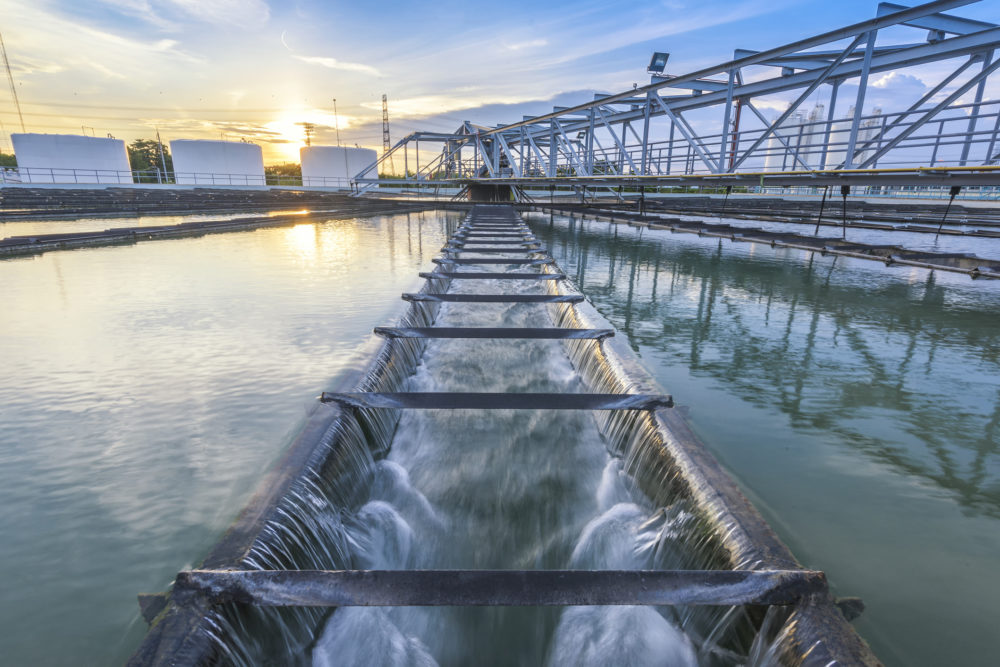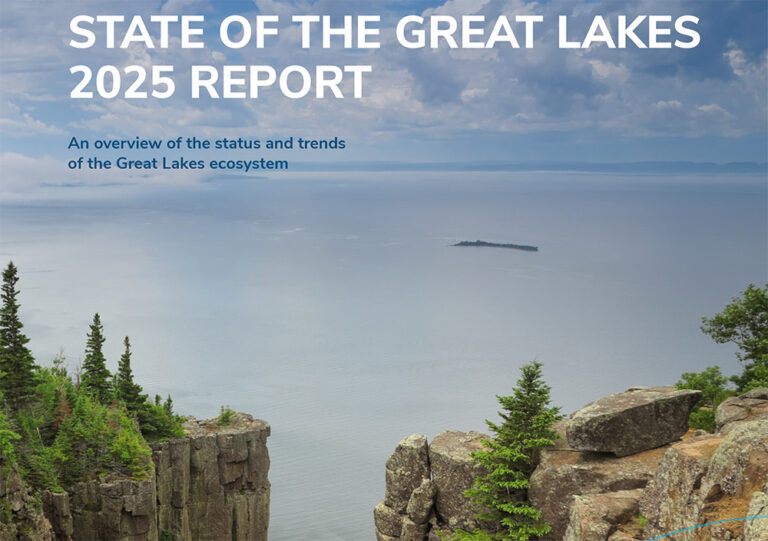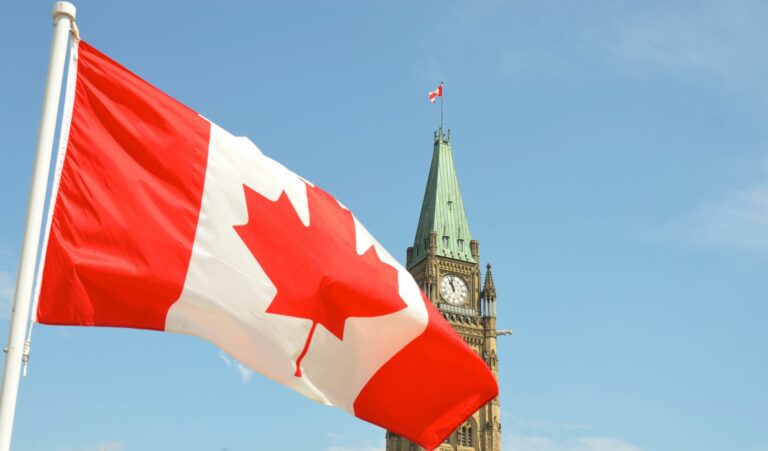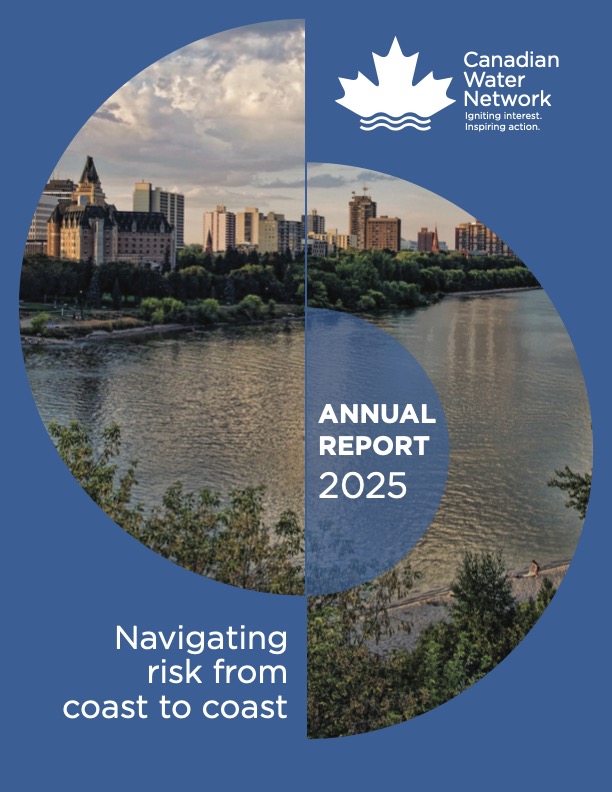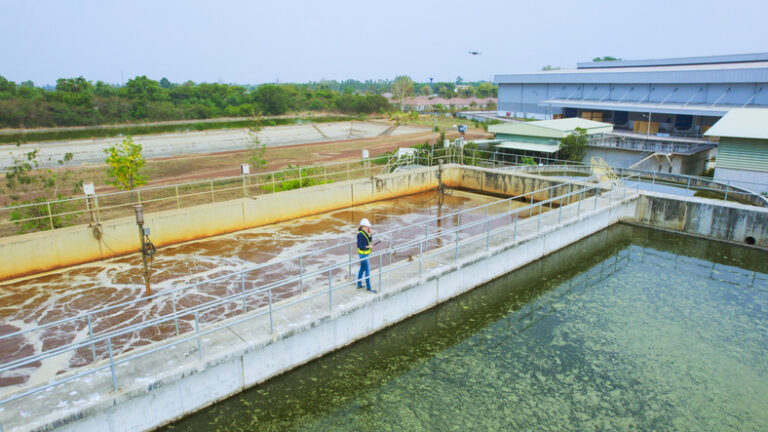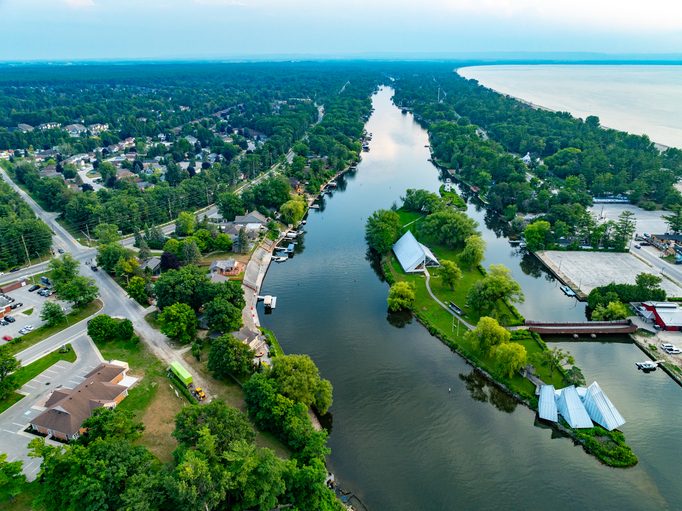Water utilities are continuing to provide safe drinking water, even as a state of emergency is being declared in municipalities and provinces across Canada due to the COVID-19 pandemic.
Water Canada recognizes the important work that water professionals are doing to ensure that safe drinking water continues to be available. We also recognize that the availability (or lack of availability) of safe drinking water impacts public health.
Given the importance of safe drinking water, our team reached out to industry experts to find out:
- How does a pandemic impact the delivery of water services?
- What are some of the potential impacts of an unplanned service disruption on communities that are dealing with a pandemic?
- What steps have been taken or can be taken to minimize the impacts of a pandemic on water service delivery?
The responses to the first question are included below. We have posted the responses to the second question here and the third question here.
Question One: How does a pandemic impact water service delivery?
Michele Grenier (Ontario Water Works Association): Pandemics are typically one of the scenarios that are evaluated as part of a Drinking Water System Risk Assessment, and get incorporated into a utility’s risk management plan and emergency response plan. Municipalities will generally consider how the pandemic will affect their ability to acquire critical goods and services (e.g. parts, chemicals, emergency equipment, etc.) as well as how they will protect the health and safety of their employees. This all happens while ensuring 24-hour operation of their water and wastewater services.
Robert Haller (Canadian Water and Wastewater Association): First, all research has confirmed that our water treatment methods do kill viruses, including this COVID-19 virus. Water is essential to life, so the delivery of clean, safe water to all is a priority for communities.
So far, water service to our citizens has not been impacted by this pandemic. Water treatment and delivery is identified as a critical service in communities. Most, if not all, municipal utilities have emergency plans in place to ensure continuity of service through such situations.
Utilities will have adequate reserves of the chemicals and supplies they need for the treatment and disinfection processes. Supply chains are open—our required supplies are identified to the federal government as critical supplies so that they are given priority for transportation and delivery. We identified similar concerns during the prolonged rail blockades earlier this year—alternate rail routes and trucking options were identified.
The greater concern may be maintaining a healthy workforce. Municipal emergency plans include protocols for increased hygiene, distancing, and use of personal protective equipment. Treatment plants are closed to all but essential staff. Staff are on shifts. Scheduled shift changes and meals are coordinated with distancing in mind. Staff have been cross-trained to cover for others. Many communities have reciprocal support agreements with neighbouring communities.
Steve Craik (EPCOR): Public health crises, such as a pandemic, bring the importance of having clean, safe water to the forefront and create many considerations for water utilities in how to ensure continued reliable service delivery. There are possibilities of supply chain interruptions and employees becoming ill. This means it is critical for water utilities to have plans in place to ensure they can protect employees and customers, and continue core operations during such an event.

